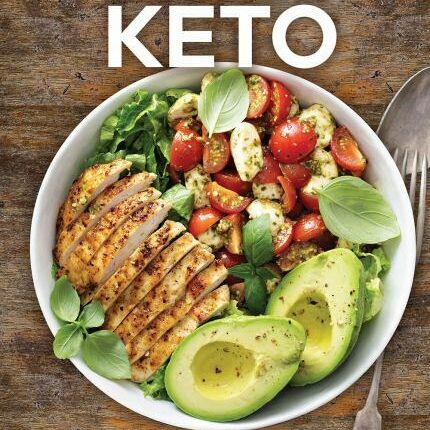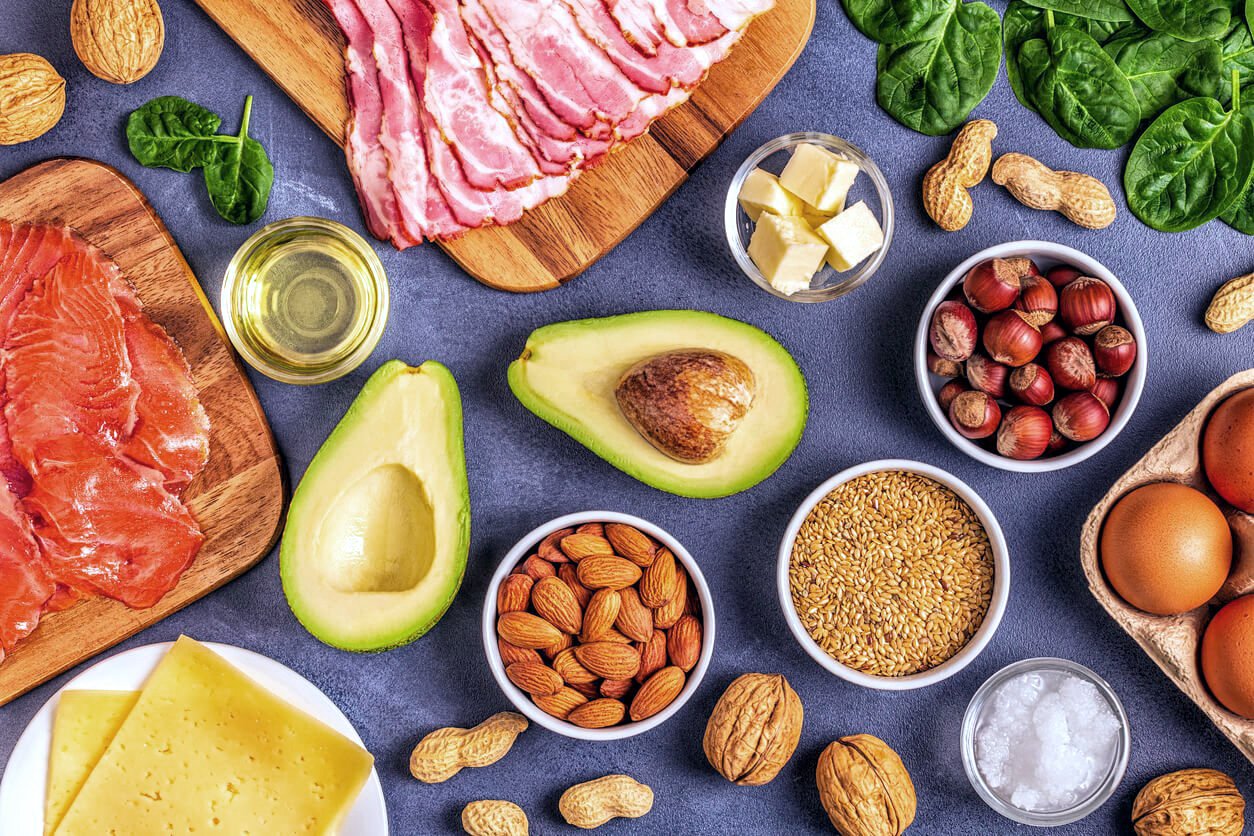Introduction
The ketogenic diet, with its emphasis on high-fat, low-carb foods, has gained massive popularity for its effectiveness in weight loss and energy enhancement. However, sustainability concerns arise due to the diet’s heavy reliance on animal products and processed foods. This article explores how to maintain a keto diet in an environmentally friendly and sustainable manner, focusing on food choices, sourcing, and waste reduction.
The Challenges of Sustainability in Keto
Traditional ketogenic diets often depend on large quantities of meat, dairy, and other animal products, which can have significant environmental footprints. These diets can also include processed low-carb products, which involve extensive packaging and long supply chains. Addressing these challenges is crucial for those who wish to follow a keto lifestyle without compromising their ethical and environmental values.
Sustainable Practices for Keto Diets

Choosing Plant-Based Alternatives
Incorporating plant-based foods into a keto diet can significantly reduce environmental impact. Foods like avocados, nuts, seeds, and certain oils are excellent sources of healthy fats and are keto-friendly. Plant-based proteins such as tempeh, tofu, and seitan, although they must be chosen carefully to maintain low carb intake, can also be integrated to reduce reliance on animal products.
Local and Organic Produce
Opting for local and organic produce can minimize the carbon footprint associated with long-distance food transportation and harmful agricultural practices. Organic farming typically uses fewer pesticides, which is better for soil and local ecosystems. Local and seasonal vegetables that are low in carbs — like leafy greens, zucchini, and asparagus — can be staples in a sustainable keto diet.
Sustainable Meat and Seafood
For those who include animal products in their keto diet, choosing sustainably sourced meats and seafood is crucial. Look for certifications like MSC for seafood and free-range or organic for poultry and meat. These options ensure that the products are obtained in ways that consider animal welfare and environmental impact.
Reducing Food Waste
Food waste is a significant issue in terms of environmental impact. Efficient meal planning and proper storage of perishables can drastically cut down the amount of waste generated. Composting organic waste is another excellent way to recycle nutrients back into the ecosystem.
DIY Keto Products
Preparing keto-friendly foods at home can also enhance sustainability. Homemade keto breads, snacks, and other staples reduce the need for packaged goods and allow full control over ingredients. This not only cuts down on packaging waste but also ensures that the ingredients are as fresh and sustainable as possible.
The Benefits of Sustainable Keto Eating
Adopting a sustainable approach to the keto diet not only helps the environment but can also lead to a healthier lifestyle. Sustainable keto promotes the consumption of a diverse range of whole foods, which can improve overall nutrient intake and reduce exposure to processed foods and artificial ingredients.
Conclusion
Sustainable keto eating is not only possible; it’s a practical approach that can optimize both personal health and environmental wellness. By choosing plant-based fats, sourcing local and organic produce, selecting sustainable animal products, reducing food waste, and embracing homemade keto products, individuals can adhere to a keto diet that supports both their health goals and the health of the planet. As the keto diet continues to evolve, integrating sustainability into its practice can make this dietary choice more balanced, ethical, and environmentally friendly.

